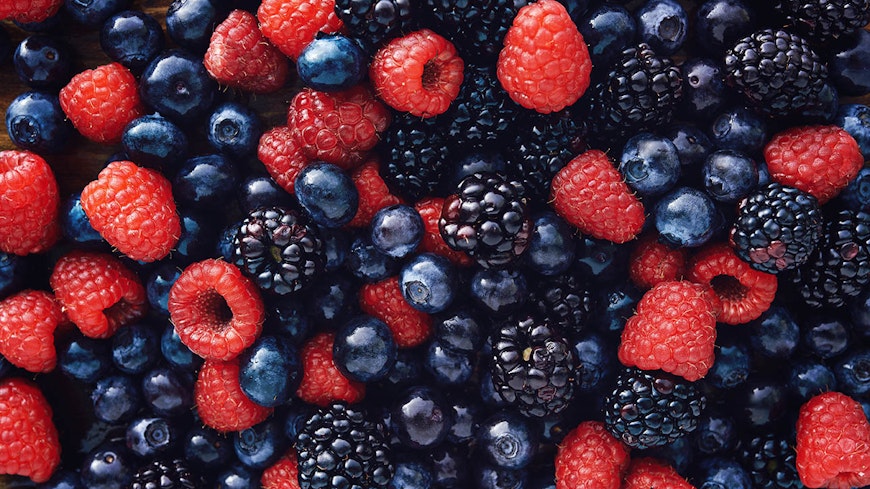
By Rebecca Styles
Research Lead | Hautū Rangahau
New Zealand Food Safety has issued a warning about the risk of getting hepatitis A from imported frozen berries, after three people came down with the disease.

While hepatitis A is rare in Aotearoa, there was an outbreak in 2015 when five people came down with the infectious liver disease after eating frozen berries.
There’s not enough information to link the current outbreak to a particular brand of frozen berries.
However, all three people affected “regularly consume imported frozen berries and are linked through virus genotyping”, said Vincent Arbuckle, deputy director-general of New Zealand Food Safety (NZFS).
NZFS is working with suppliers of frozen berries to ensure they are aware of potential risks and are actively managing the issue, Arbuckle said.
“If we identify any evidence of a wider risk, we will assess and take appropriate action, including product recalls.”
How to reduce the risk of hepatitis A in frozen fruit
NZFS recommends those with chronic liver damage, the elderly and pregnant people to take extra precautions if eating frozen berries.
• Briefly boil frozen berries before eating them, or
• Ensure the cooking temperature exceeds 85°C for one minute.
Just washing the fruit won’t eliminate the risk.
What is hepatitis A?
Hepatitis A is spread through contact with the faeces of an infected person or through environmental contamination, such as manure used as soil fertilisers.
In most cases, your body will clear the infection, but if you’re immune-compromised or elderly, the disease can linger for up to six months.
Symptoms may feel like the flu, and you may look jaundiced, lose your appetite and have stomach pain.
A 2019 review, in the journal Epidemiology and Infection examined cases of hepatitis A from frozen fruit between 2008 and 2018. It found that frozen strawberries were responsible for 41% of hepatitis A outbreaks worldwide.
In North America and Europe, cases of norovirus have also been linked to eating frozen fruit.

We can't do this without you.
As an independent non-profit, we depend on the generous support of our members and donors to keep us fighting for a better deal.
